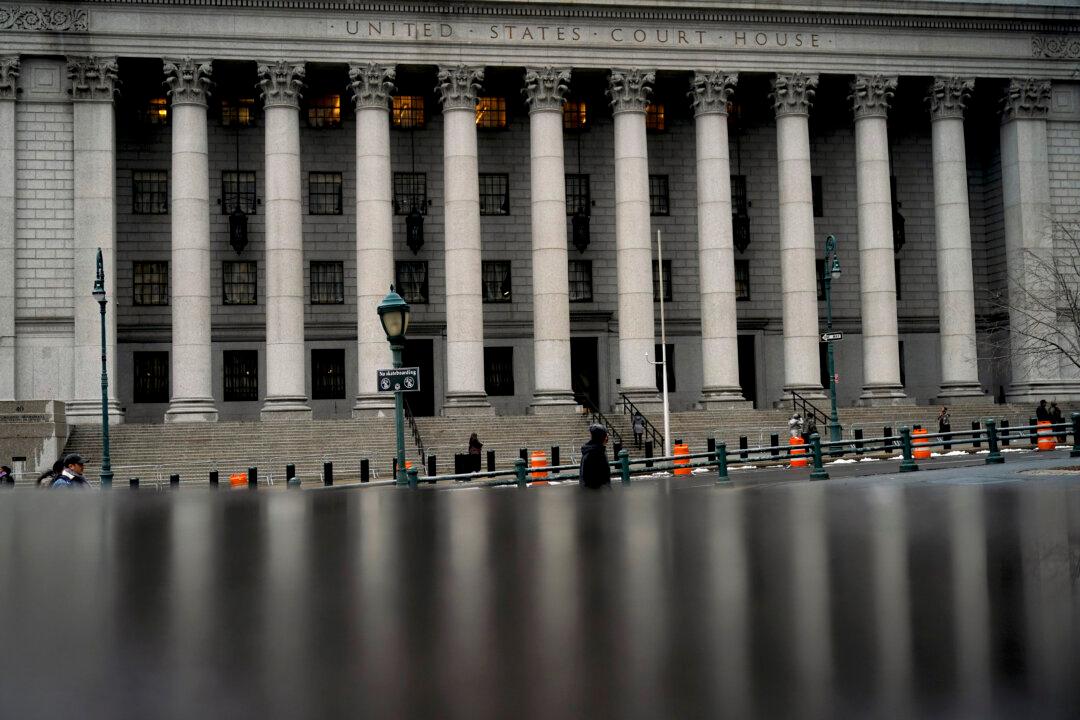A federal appeals court has ruled that a nonprofit violated copyright law when it made e-books, made from scans of printed books, available for free.
A federal judge in 2023 ruled against the Internet Archive, finding its digital free library violated the copyrights of 127 books, including “The Bell” Jar by Sylvia Plath. The nonprofit appealed.





